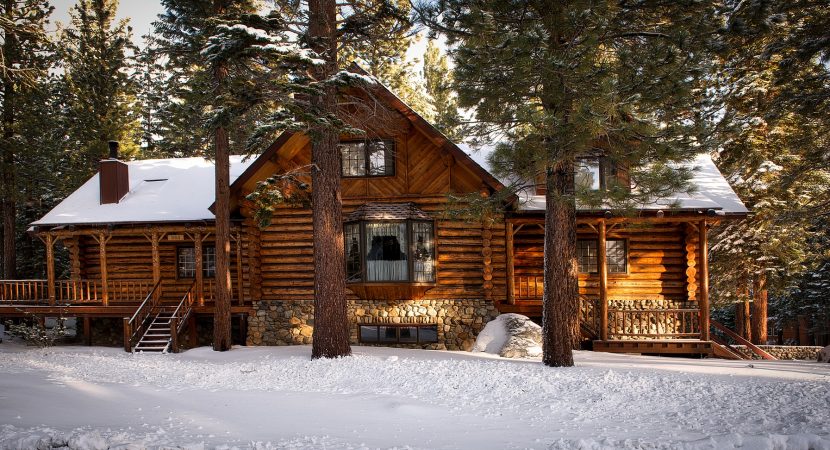Last Updated on
Are you using oil or propane for heating in your home? Do you know that you stand to make huge savings by switching to gas? The costs that you incur when using propane or electricity for heating are up to twice or higher than for using natural gas. Installing natural gas can potentially save you up to $1,800 annually in heating costs.
Additionally, using natural gas is far safer and environmentally friendly when compared to using fuel oil which is susceptible to tank leakages which pollutes groundwater. Also, using gas is convenient because you only need to turn on your valves, unlike oil which needs delivery.
Owing to such convenience, it’s little wonder that about half of the American population uses gas heating in their homes.
This article will look to address the various issues you must consider before embarking on a gas heating conversion for your home.
Ascertain accessibility to gas supply
Your home must be in proximity to a gas supply for a connection to take place. If you’re lucky enough to lie close to supply, we suggest that you consult the gas distributor for inquiries on possible supply to your residence.
Your home’s proximity to the supplier’s main pipe bears a direct effect on installation costs. The close you’re to the line the less you incur in installation costs.
Assess your existing infrastructure
If you happen to have electric radiators or baseboard heaters for domestic heating, then an installation of the ductwork required to operate a gas furnace will prove complex, costly and possibly undoable.
Contrarily, if you opt to use an electric furnace or heat pump, the existing infrastructure of your heating system will save you a fortune since it will be used for installing the gas heating system.
In case of uncertainties in regards to your home’s infrastructure, get in touch with your local gas company for advice.
Get your timing right
The timing of your project determines how fast your conversion takes. Supposing that you reside in a region that experiences freezing winters, you may have to embark on the change before the onset of the winter season. Snow hinders excavation meant to dig up trenches for gas pipes.
Also, gas supply companies are usually fully booked during fall and trying to engage one may lead to disappointments. You don’t want to follow up on appointments with your contractors due to delays.
Conclusion
If your home set up allows for the installation of gas heating, and you happen to live close to a gas pipeline, converting your home to gas heating seems like a brilliant idea. You stand to decrease your heating bill considerably by switching to gas heating.
We endorse that you call on your local natural gas distributor for further information in matters installation.


Reply